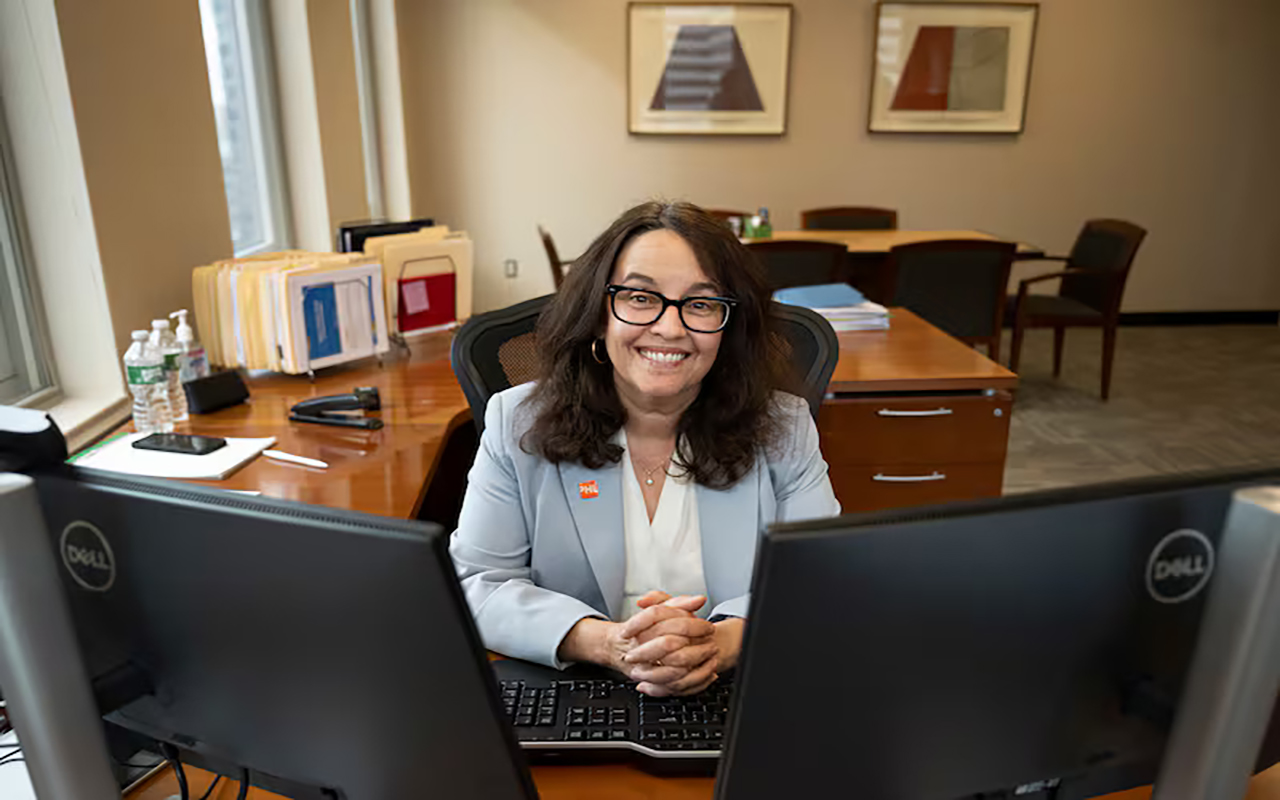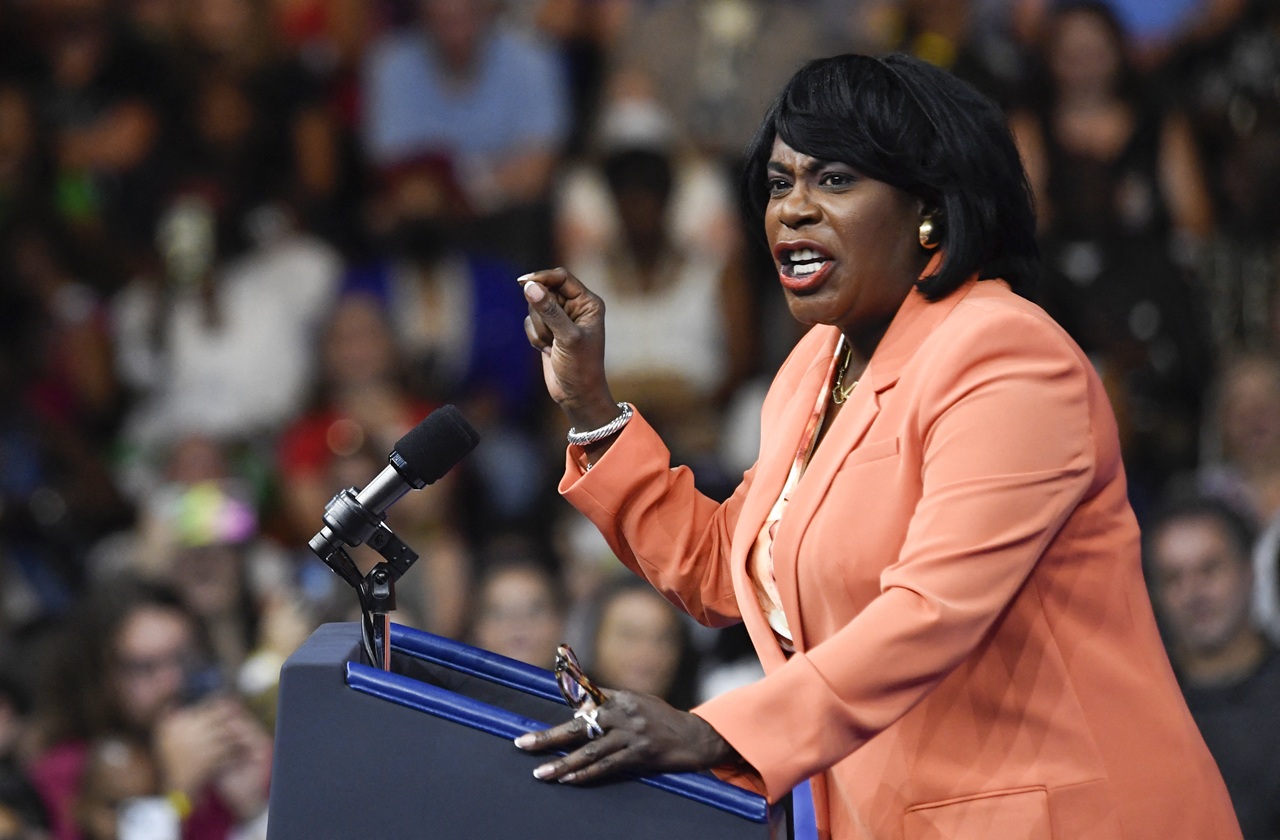Philly to make Summer curfew permanent for youth
The City Council’s Committee on Public Safety approved the measure and it will go in front of the whole of Council soon for a vote.
Despite a city-wide curfew for Philly youth this past Summer, the city saw more children and teenagers shot than any previous, according to police figures. The curfew, which expired this past September, required Philly youth to be in their homes by 10 p.m.
As a result, the city is looking at the possibility of having the curfew become a permanent measure moving forward in hopes of decreasing the number of youth caught in the waves of gun violence, in addition to fining the parents of those who violate the rule. Despite these efforts, experts who have studied these curfews and the results have said that they have little to no impact on crime or victimization rates.
A piece of legislation introduced by at-large Councilmember Katherine Gilmore Richardson on was approved after a nearly one-hour long hearing by the City Council’s Committee on Public Safety Tuesday, Oct. 11. The bill will now head to all of City Council, but the layer of fining parents has been put on hold for now. By early next week, it is expected to pass and make its way to the desk of Mayor Jim Kenney.
A spokesperson for Kenney would not confirm if he will actually sign the bill, instead only said that he would “review the legislation if it is passed.”
“The point is that we have serviced 500 young people in the community. I know that it will continue to serve more,” Gilmore Richardson said. “So whether they go voluntarily or involuntarily, they are now in a safe space and have access to resources while they are at that center.”
“We are utilizing another tool in our toolbox, to seek to help our young people in addition to the further expansion of the community evening resources centers,” she added.
How it works
Under the new legislation, city teens between ages 14 to 17 must be home by 10 p.m., while children ages 13 and younger must be home by 9:30 p.m. Exceptions for the curfew include those for children and teenagers who have jobs, attend school, or have religious activities. Any child or teen who is picked up by Philly police for breaking the curfew are to be taken home first.
However, if no supervision is available at home, they will be taken to one of the city’s community evening resource centers.
Bilal Qayyum, an anti-violence activist told WHYY of his support for holding parents financially responsible.
“I’m not suggesting what a fee should be, but I think there should be a fee imposed as part of the effort to get kids off the streets,” Qayyum said. “If that parent is irresponsible, then we got to hold that parent responsible. I know that some folks don’t want to hear that.”
RELATED CONTENT
In regards to the aspect of fining parents of children who break the curfew, up until last year, children or their parents faced fines up to $250 for their first violation, then $300 to $500 for any recurring violations. However, City Council removed the fines after concerns were brought up that they affect those living in poverty. The latest legislation that passed through council does not have fines included.
The city currently has two community evening resource centers that opened in January and are run by community groups. Philly set aside $2 million this year for the centers, and is expected to open two more this month. They provide programming for kids from 7 p.m. to 2 a.m. The Department of Human Services oversees the community centers.
DHS Deputy Commissioner Gary D. Williams said that the centers have helped serve more than 560 children since this past January. However, the majority went voluntarily and were not brought in by city police for breaking the curfew. A Police Department spokesperson said that of the more than 900 curfew violators since this last June, 85% were taken home or picked up by a family member.
Even with that, Gilmore Richardson has defended having the evening resource centers available by saying that the city should look to open one in each of the city’s six police divisions.
“I’m not going to apologize for seeking to do all that I can to help our young people,” Gilmore Richardson said. “Whether they go to the center voluntarily or involuntarily, the point is ... they are now in a safe space and have access to resources.”
Another Councilmember, Jamie Gauthier, who represents parts of West Philly, told the Inquirer that she has some doubt towards the newest legislation. Gauthier suggested instead that the city committed to meeting the needs of parents whose children are recurring violators of the curfew in regards to housing, workforce, and mental health.
“We tend to jump toward penalties and penalizing people,” Gauthier said, “when it would probably cost us less to support people in the way that they need to be supported.”
The current legislation could be shot down with four “no” votes because of the current state of city council. Following four key resignations from council for those deciding to run for other public offices like Mayor, as well as Kenyetta Johnson’s absence due to a federal trial in which he faces jail time if convicted, the seats will not be filled until a special election next month.
Until then, the legislation faces a narrow path to success.











LEAVE A COMMENT: